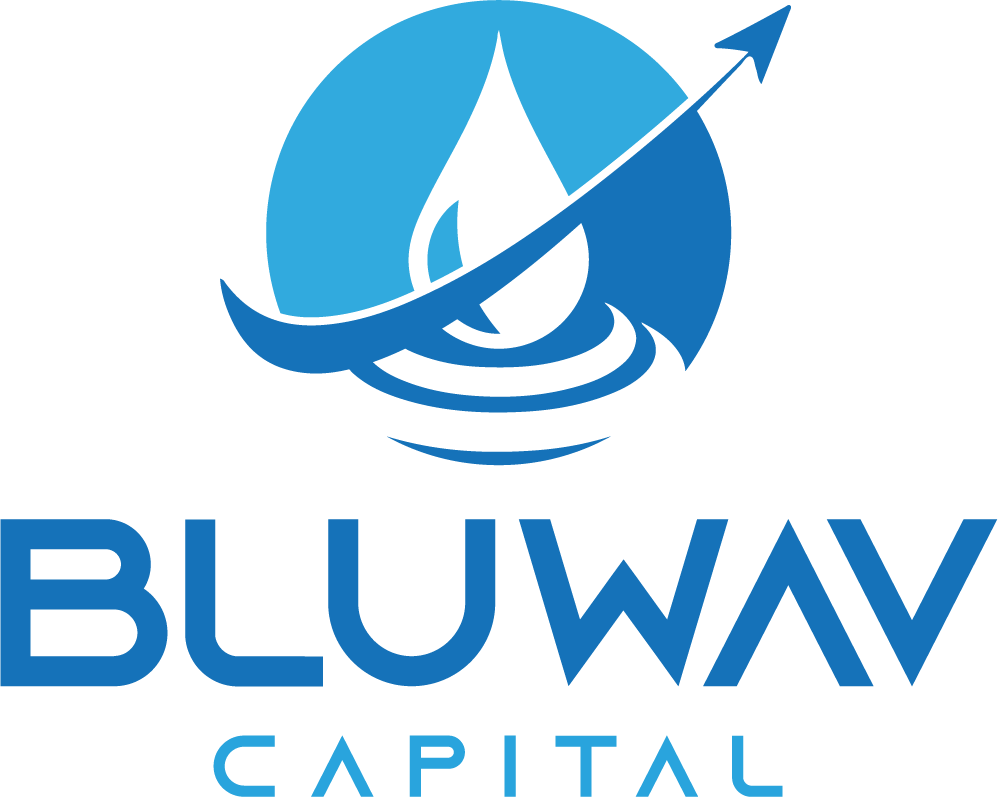Factoring and Small Business Funding
There are several different ways that you can tap into hidden value in your company’s receivables. The invoices that customers have not paid you yet could offer up working capital well before an invoice becomes due or a customer pays a past-due invoice. Here are a few things that small business owners should understand about the dynamics of accounts receivable financing.
How Does Invoice Factoring Work?
Factoring companies purchase business invoices for a percentage of their full value. They derive their profits from the difference in value between what they paid for a secured interest in a collection of invoices and the sum of payments rendered. In addition to a reduction in the price of the face value of receivables, factoring companies may also charge businesses processing fees.
Do You Have To Discharge All of Your Invoices in Factoring Transactions?
When you strike a deal with a factoring company, you do not need to sweep all your accounts receivable off the books. You also do not have to let the factoring company pick and choose which invoices they want. In typical financing transactions involving secured interests in invoices, you can determine which invoices to assign.
How Do Factoring Companies Decide What Invoices Are Worth?
For the most part, factoring companies want to purchase new receivables. If an invoice is long past due, there is a considerable risk that a customer is not going to pay it anytime soon. There is also a risk that an individual or business in a nonpayment situation could be faltering in their obligations to other creditors and might be on the verge of bankruptcy. Understandably, factoring companies prefer to do deals with invoices that are not overdue or only slightly past due.
Is Factoring a Good Move for Small Businesses?
Is selling your receivables for less than they are worth a good idea? If you need cash right away, it certainly could be. Of course, you probably would not want to settle for compensation that is half of an invoice’s intrinsic worth. However, factoring companies do not charge exorbitant percentages. They must charge enough for transactions to be profitable while also attempting to offset their risk exposure in this type of accounts receivable financing format.
Ultimately, the marketplace for factoring companies is competitive. They have to make the terms of their agreements compelling enough to attract businesses with which they would like to establish an ongoing, working relationship.
